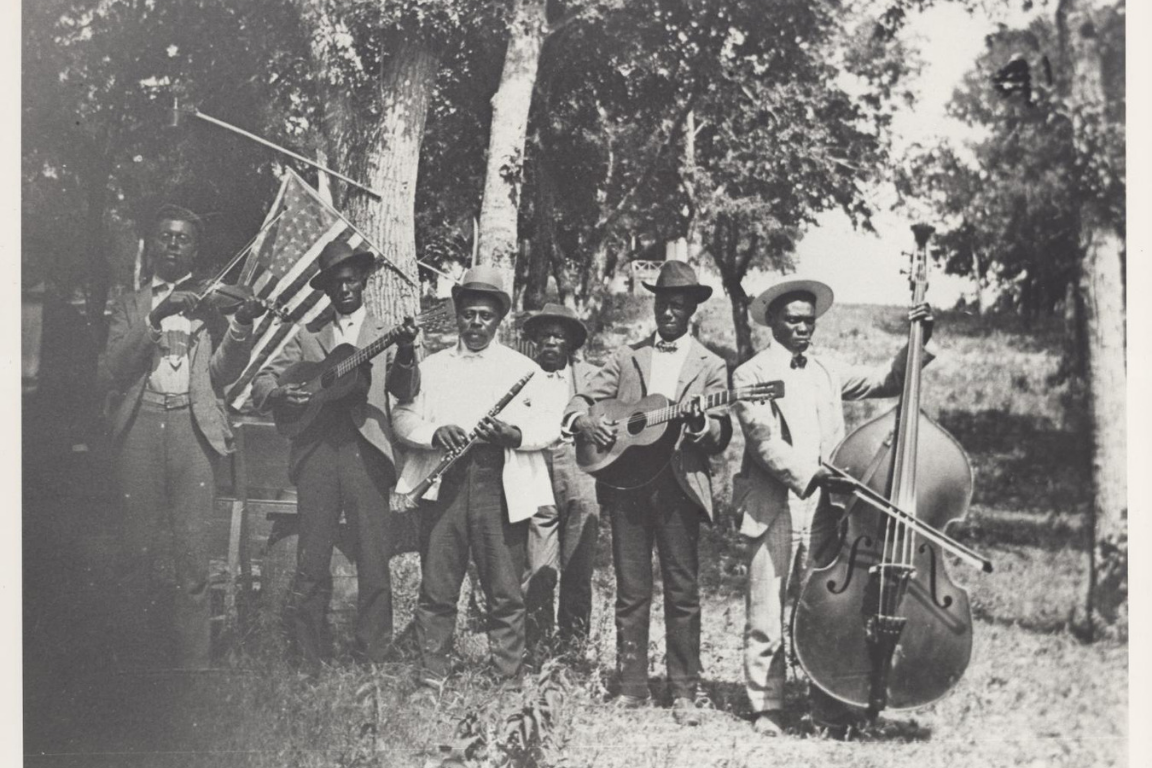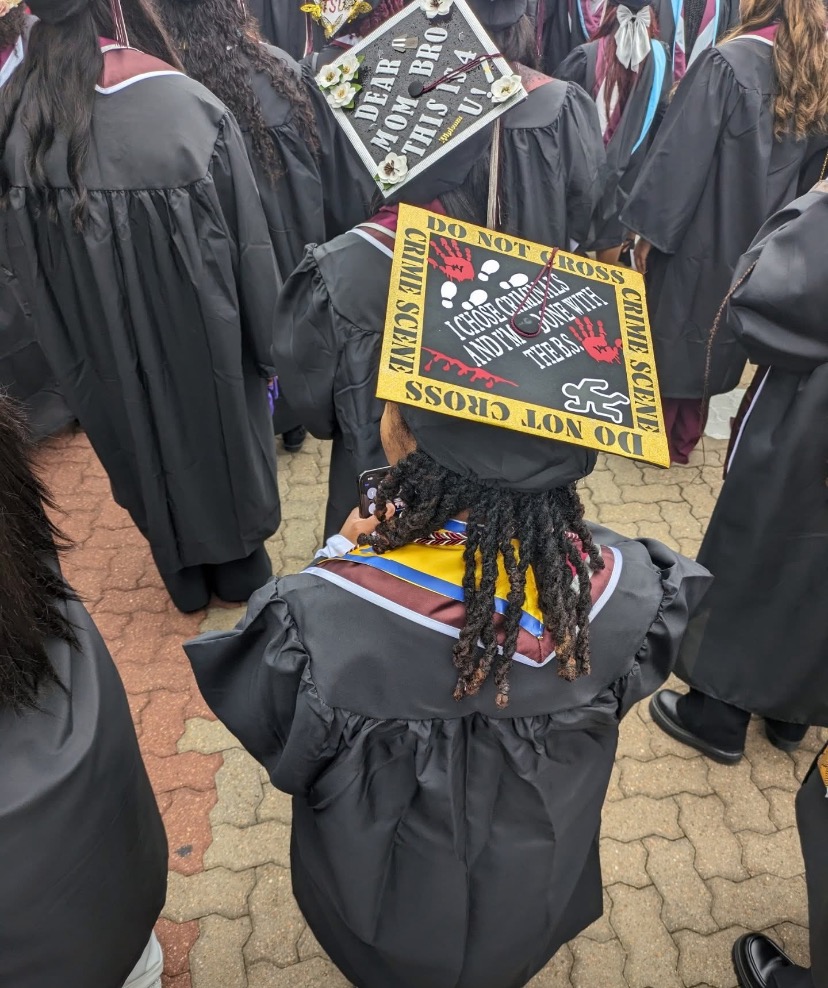June 19th is Juneteenth, a combination
of June and 19th. On this day – 155 years ago, two years after the Emancipation
Proclamation,
Union army General Gordon Granger read a proclamation, announcing
that slaves were free in Galveston, Texas, one of the farthest regions of the
United States.
This anniversary is also called
Freedom Day and Jubilee Day. My personal favorite is Black Fourth of July.
Juneteenth is a good time to reflect.
Think about white allies who want to know what they can do to support Black
people.
First, I am not mad. I am engaged,
protesting on social media, voting-by-mail and practicing social distance. And
I am talking up the 2020 Census. Each and everyone of us must stand up and be
counted. As this White House proves, our lives and livelihoods depend on our
engagement.
Second, despite the global pandemic,
economic crisis and centuries-long fight against racism, I am
optimistic. I am proud to be a Black woman. In our country, Black
woman have a critical role to play this year, especially with regards
to the 2020 election. We have the power to vote, turnout others to vote
and leverage change for our community. Black women are one of the most
influential voting blocs. We must use our power
When Black women show up, things
change. Remember back in February – dog years ago – in South
Carolina. Over 60 percent of
primary voters in the Palmetto State are Black. Yet we are only 27 percent of the
state’s population. Black voters picked up and pushed former Vice President Joe
Biden over the top, helping him win enough delegates on June 2nd to
become the Democratic presidential nominee.
Biden has promised to nominate a Black
woman for the Supreme
Court of the United States.
And the pool of contenders for his running mate has not one, but four top
candidates who are Black women – Senator Kamala Harris (D-CA), US
Representative Val Demings (D-FL), Atlanta Mayor Keisha Lance Bottoms and
former National Security Advisor Susan Rice.
Third, there are many reasons to
celebrate this Juneteenth. After I count my blessings, I remind my white
friends that they have an opportunity to be a change agent and ally. By
starting with the Black colleague right next to you. Making sure your colleague
is paid fairly, treated equitably and has the same opportunities to advance
will make a big difference. Use your privilege to help end systemic racism –
Hire a diverse staff and group of consultants or vendors.
And if you see bad behavior, say
something. That’s the only way the culture will change and end
institutionalized racism. Just imagine if everyone took this step.
Finally, the fight against racism and
white supremacy is an intergenerational, multiethnic effort. There is a role
for everyone to play. Some will protest. Some will make policy. Some will
spread the word. Some will fund good work. Some will have multiple roles.
I hope everyone will do something. Find a way to contribute.
This Juneteenth let’s say good-bye to
enduring images of white supremacy. So long Aunt Jemima, a
131-year-old brand image on Quaker Oats’ pancake mix. According to news
reports, the credit for this move goes to a TikTok viral video, entitled “How to make a nonracist breakfast,”
about the history of Aunt Jemima, a mammy caricature promoting the myth of a
happy slave. Thank you, PepsiCo, owner of Quaker Oats, for starting a trend
among food companies. Ta-ta Uncle Ben, the brand
image on a rice from South Carolina. Bye-bye to a revised brand graphic that
looks like its original Rastus, an insulting
term for African Americans and the Black chef on the cream of wheat box.
If you are not sure, ask for advice.
If you ask someone who is not ready to answer the question, ask someone
else. In these tough times, those of us ready for the hard fight must not
give up.
Happy Juneteenth!
Holli L. Holliday is president of Sisters Lead Sisters Vote, a nonprofit c4 organization for, by and of black women.
Photo Credit: National Museum of African American History and Culture


 Black History5 years ago
Black History5 years ago
 Black History6 years ago
Black History6 years ago
 Black History4 years ago
Black History4 years ago
 Black History5 years ago
Black History5 years ago
 Black History5 years ago
Black History5 years ago
 Black History6 years ago
Black History6 years ago
 Black History9 years ago
Black History9 years ago
 Black History5 years ago
Black History5 years ago


























